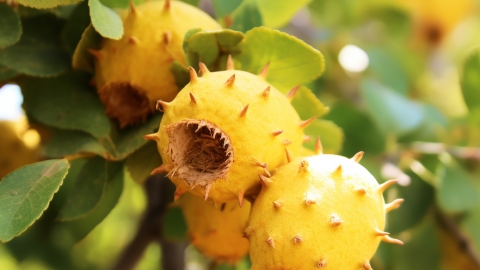What are the functions and benefits of dried rosehip?
Generally speaking, the main functions and benefits of dried rose hips include vitamin C supplementation, provision of dietary fiber, appetite enhancement, mineral supplementation, and body nourishment. The details are as follows:
1. Vitamin C Supplementation
Dried rose hips are rich in vitamin C, an essential nutrient for the body. Moderate consumption in daily diet can supply this vitamin, fulfill certain nutritional needs, support normal physiological functions, and are suitable for individuals focusing on vitamin supplementation.

2. Provision of Dietary Fiber
Dried rose hips contain considerable dietary fiber, which can promote intestinal peristalsis. Moderate consumption helps maintain normal intestinal metabolism and contributes to intestinal health, particularly suitable for those needing intestinal regulation.
3. Appetite Enhancement
Dried rose hips have a unique sweet and sour flavor that can stimulate the taste buds. Consuming them in moderation when appetite is poor may improve eating habits, increase food intake, and thus help obtain more nutrients essential for the body, making them a good choice for a light appetizer.
4. Mineral Supplementation
Dried rose hips contain various minerals such as calcium, iron, and zinc, which play important roles in bone development, blood formation, and other bodily functions. Moderate consumption helps supplement these minerals, supports nutritional balance, and maintains stable body functions.
5. Body Nourishment
From a nutritional perspective, dried rose hips contain multiple nutrients. Regular moderate consumption not only supplements nutrition but also provides nourishment to the body, helping maintain good physical condition, making them a suitable ingredient for daily nutritional supplementation.
When consuming dried rose hips, attention should be paid to controlling the amount, as excessive consumption may cause gastrointestinal discomfort due to their high sugar content. Individuals with poor dental conditions may consume them by steeping in water or cooking into porridge, which facilitates chewing and digestion. People with high blood sugar should consume them cautiously to avoid affecting blood sugar stability.





